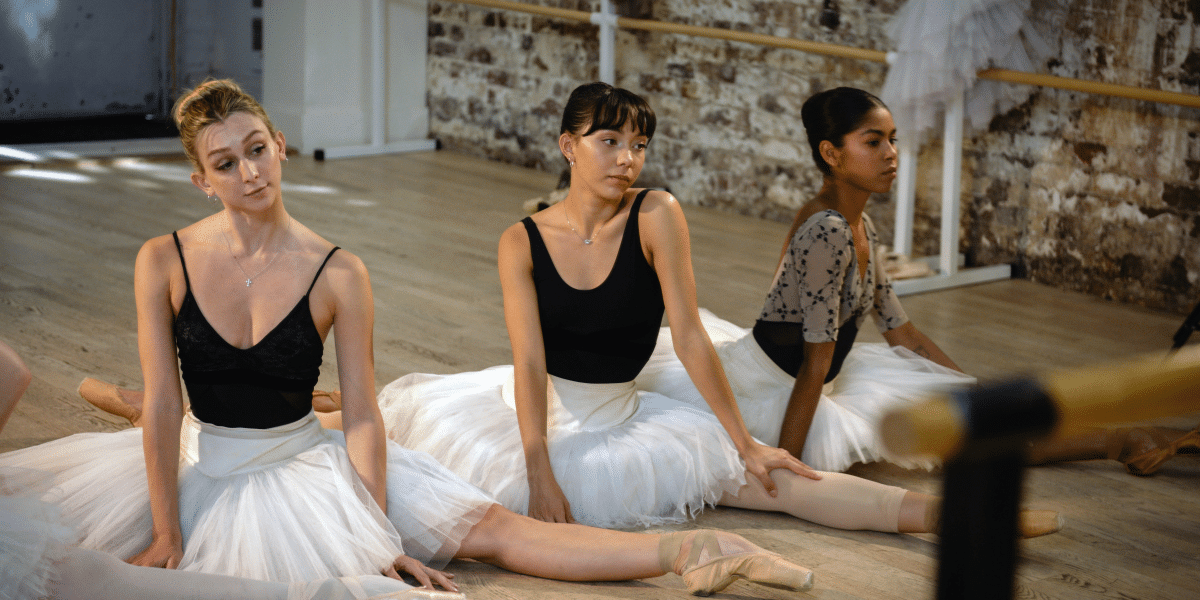Image commercially licensed from Unsplash
Classroom discussions play a pivotal role in enhancing students’ understanding and appreciation of literature. When educators facilitate invigorating discussions, they empower students to delve deeper into texts, fostering an environment where critical thinking and analytical skills are honed. In an educational framework, especially pertaining to literature, it’s vital to construct discussions that facilitate meaningful engagement and comprehension amongst students.
Nicholas C. Nelson, an alumnus of the University of Miami, has distinguished himself as a leading educator in English Literature. His unique combination of teaching, coupled with his experience as a tutor at the writing center, has enabled him to guide students to new heights of academic achievement. His dedication is a shining example for fellow alumni. His experiences have led him to appreciate the value of expression in learning and the significance of classroom discussion in facilitating knowledge, especially in the realm of literature studies.
The Importance of Classroom Discussions in Literature
- Enhances Critical Thinking: Classroom discussions encourage students to think critically, analyze various perspectives, and develop their own viewpoints.
- Builds Communication Skills: Engaging in discussions helps students refine their communication skills, including listening, speaking, and framing coherent arguments.
- Fosters a Love for Reading: When students are able to discuss and explore stories, they often develop a deeper connection and appreciation for literature.
“In the sphere of literature education, robust classroom discussions serve as the keystone for developing not only a student’s analytical capabilities but also their empathetic understanding of diverse narratives and contexts,” says Nicholas C. Nelson, a renowned educator and author in literature pedagogy. “These conversations transcend mere textual exploration, serving as a conduit through which students navigate and interrogate various human experiences and societal paradigms presented within the literary works.”
Strategies for Leading Classroom Discussions on Literature
- Developing Thoughtful Questions:
– Craft questions that encourage students to explore themes, characters, and settings, moving beyond mere recall of events.
– Use open-ended questions that facilitate varied responses and stimulate further discussion. - Creating a Safe and Inclusive Environment:
– Ensure that the classroom is a safe space where all opinions are valued and respected.
– Establish norms for discussions, such as active listening and respectful disagreement. - Utilizing Various Discussion Formats:
– Whole-Class Discussions: Utilize a circle format or U-shaped seating arrangement to encourage active participation.
– Small-Group Discussions: Allow students to explore topics in smaller groups before sharing with the entire class.
– Online Forums: Leverage digital platforms for ongoing discussions and reflections outside the classroom. - Integrating Multimedia and Technology:
– Encourage students to use multimedia elements, like videos or podcasts, to enrich their understanding of the text.
– Implement technology to facilitate virtual discussions and broaden the learning environment. - Incorporating Diverse Texts:
– Select literature that reflects various cultures, perspectives, and experiences to enrich discussions and inclusivity.
– Encourage students to explore and discuss the societal and contextual aspects of diverse texts.
“Curating a rich and diverse environment for classroom discussions, especially around literature, not only amplifies students’ comprehension but also nurtures their capacity to embrace and navigate through a multitude of perspectives and cultural narratives,” says Nelson.
Engaging Reluctant Participants
- Peer Support: Allow students to first discuss in pairs or small groups, providing a comfortable environment for sharing ideas.
- Varied Participation Methods: Include alternate participation methods, such as written reflections or utilizing discussion cards.
- Affirmation: Acknowledge all contributions and ensure every voice is valued.
Assessing and Enhancing Discussion Quality
- Reflection: Post-discussion, encourage students to reflect on the discussion process and their personal contributions.
- Feedback: Provide constructive feedback on students’ contributions and also seek their input on the discussion process.
- Continuity: Ensure that discussions are not standalone events but are integrated into the overall learning journey.
Nicholas C. Nelson says, “Real learning comes not from consuming insights, but from creating a space where insights can be co-constructed through dialogues, affirmations, reflections, and continuity.”
Expressivist Pedagogies to Support Knowledge Generation
Expressivist pedagogies emphasize the development of students’ personal voice and self-awareness through writing and other forms of expression. In relation to the strategies mentioned for engaging reluctant participants and enhancing discussion quality in an educational context, expressivist approaches underscore the necessity of creating an environment where every voice is heard and valued. By allowing students to engage in peer support, expressivist teaching allows learners to navigate through their own thought processes and those of their peers in a less intimidating environment, thereby fostering a safe space for idea exchange.
The strategy of varied participation methods, including written reflections, aligns with the expressivist focus on employing writing as a tool for personal exploration and communication. Affirmations and acknowledgments, integral to an expressivist classroom, bolster students’ confidence and validate their experiences and perspectives. On the aspect of assessing and enhancing discussion quality, reflective practices are innately woven into expressivist pedagogies, encouraging students to contemplate their learning journey and discussions, thereby evolving both intrapersonal and interpersonal. This holistic approach, therefore, not only champions the development of individual voices but also cultivates a communal learning environment where students actively contribute to and shape their educational experiences.
Leading classroom discussions, particularly in literature, requires strategic planning, intentional question framing, and cultivating an inclusive and stimulating environment. Through thoughtful facilitation and incorporating diverse texts and technology, educators can engender a robust learning space where students actively engage, explore, and extrapolate the multifaceted worlds within literary texts, thereby nurturing their analytical, empathetic, and communicative abilities.
About Nicholas C. Nelson
Nicholas C. Nelson, a lover of all things literary, has spent his career educating the minds of young adults. His mastery of English Literature and his role as a tutor at the University of Miami’s writing center have made him a beacon in the field. A true bibliophile, his influence extends well beyond academia.









